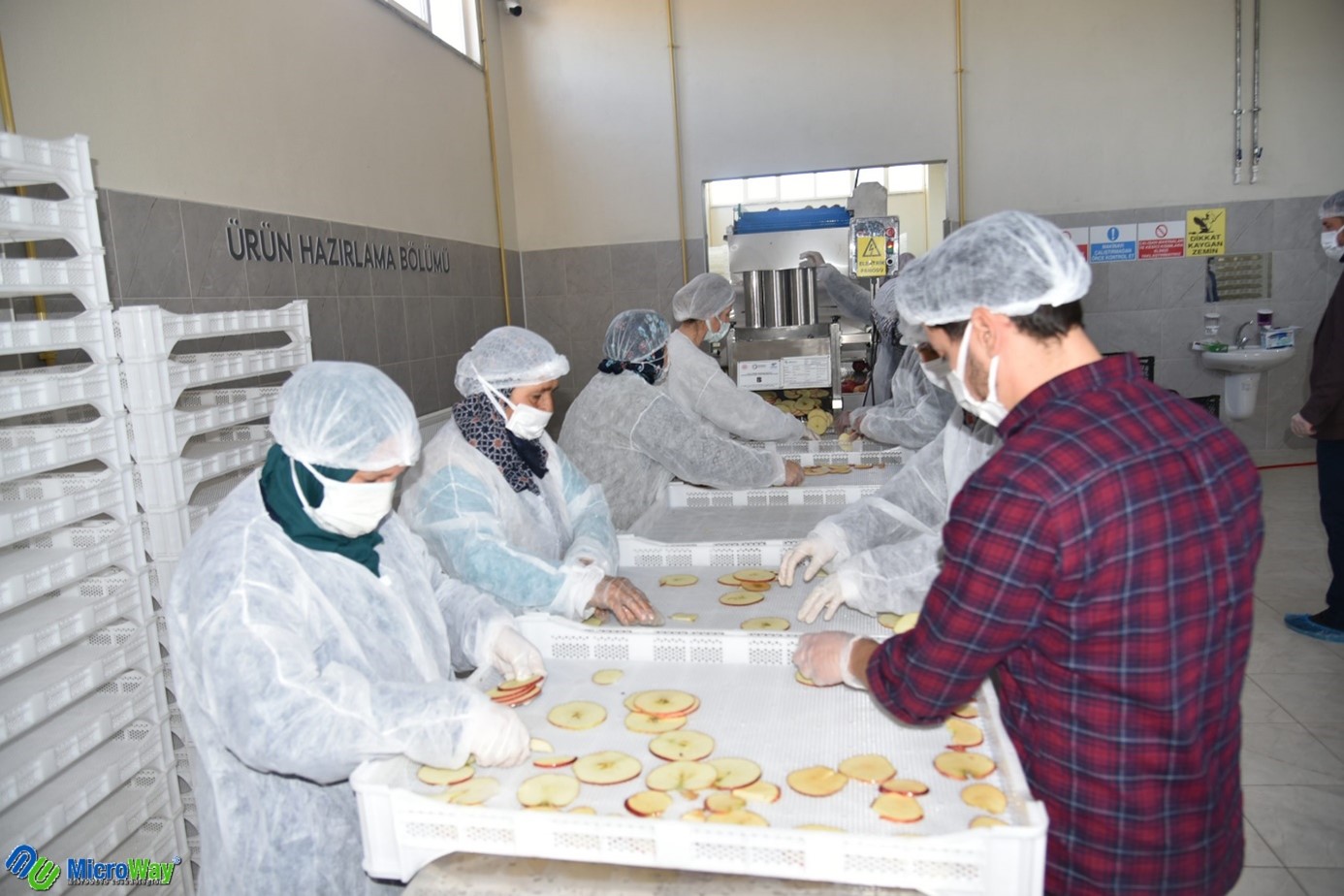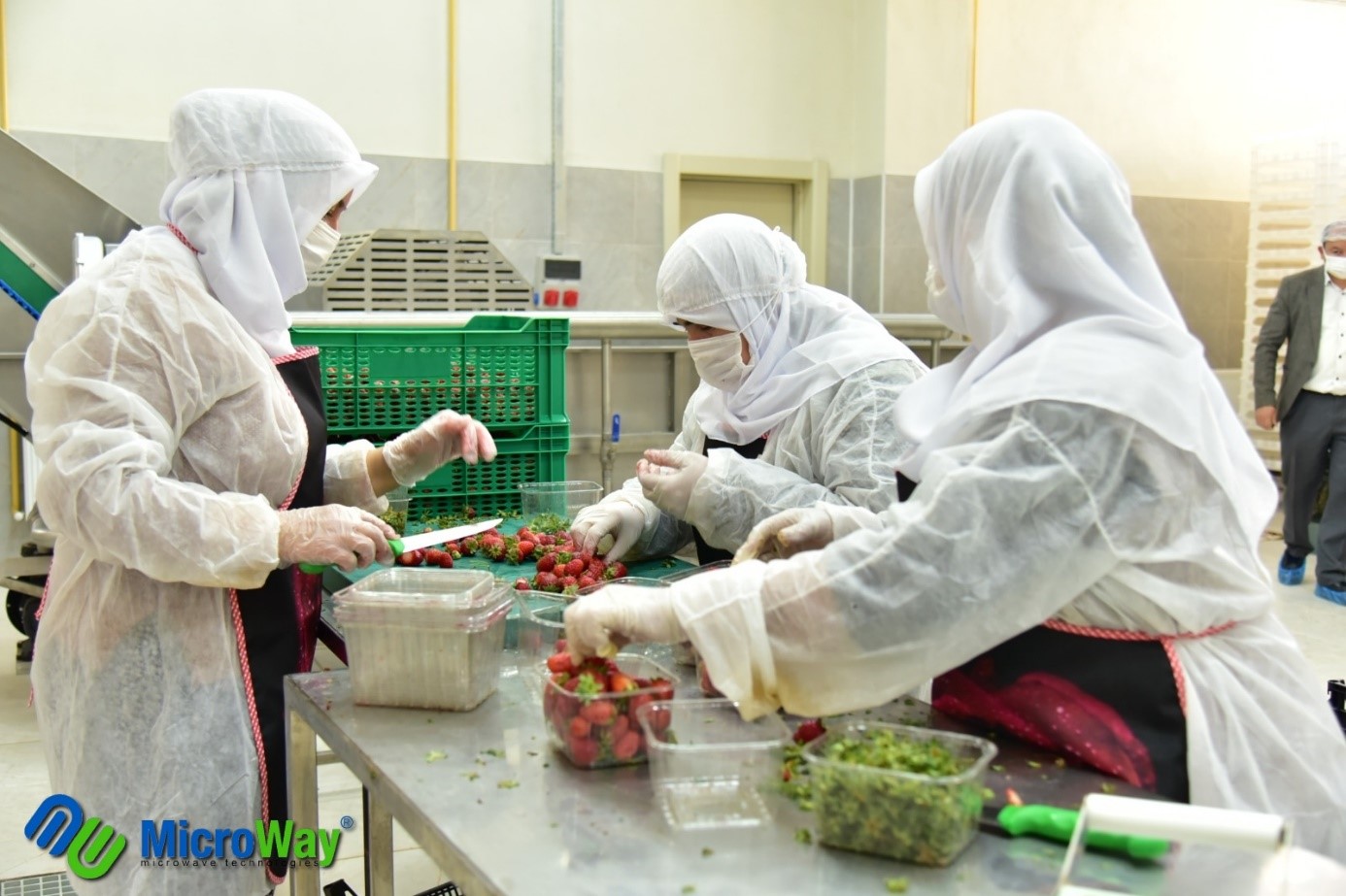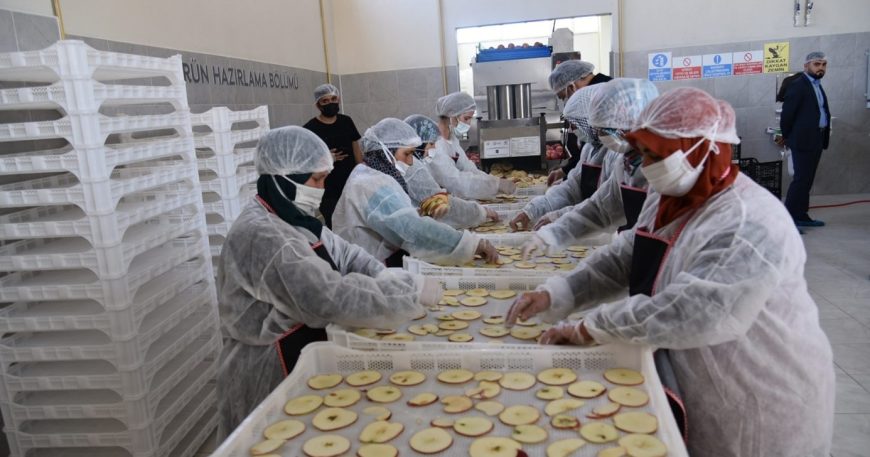Sorting and Grading Conveyor Belts Unveiled:
In the vibrant agricultural landscapes of Turkmenistan, where the meticulous cultivation of crops is deeply ingrained in the nation’s heritage, the integration of sorting and grading conveyor belts has become pivotal in elevating the quality and efficiency of crop processing. This article explores the significance, functionalities, and transformative impact of these conveyor belts, shedding light on their role in advancing agricultural practices in Turkmenistan.Sorting and grading conveyor belts are sophisticated mechanisms designed to categorize and organize harvested crops based on various parameters such as size, weight, and quality. In the context of Turkmenistan’s agriculture, these conveyor belts play a crucial role in automating the sorting process, ensuring precision and consistency in crop classification.

Turkmenistan’s Agricultural Diversity:
Turkmenistan boasts a diverse array of crops, from the iconic cotton fields that blanket the plains to the orchards of succulent melons and other fruits. Sorting and grading conveyor belts provide a versatile solution adaptable to the specific characteristics and processing needs of different crops, fostering efficiency in Mary’s cotton fields and Dashoguz’s orchards alike.
Optimizing Crop Processing:
The optimization of crop processing is a key objective in Turkmenistan’s farming practices. Sorting and grading conveyor belts contribute significantly to this optimization by automating the classification of harvested crops, minimizing manual labor, and enhancing overall processing efficiency.
Adaptability to Turkmen Agricultural Operations:
These conveyor belts are designed to adapt to the varying scales of agricultural operations in Turkmenistan. Whether deployed in large-scale cotton processing facilities or smaller fruit processing units, these systems offer a flexible and practical solution, accommodating the diverse needs of farmers and processors across the nation.
Economic Impacts on Turkmen Agriculture:
The incorporation of sorting and grading conveyor belts into agricultural practices has economic implications for Turkmenistan’s farming sector. By automating the sorting process, these conveyor belts contribute to labor savings, increased processing efficiency, and potentially higher economic returns for farmers and processors.

Efficiency and Sustainability:
Beyond economic impacts, the use of sorting and grading conveyor belts aligns with Turkmenistan’s commitment to sustainable agricultural practices. These systems contribute to minimizing crop wastage, reducing manual handling, and optimizing resource use, fostering a more sustainable and eco-friendly farming environment.
Integration into Turkmenistan’s Agricultural Modernization:
As Turkmenistan embraces technological advancements in agriculture, sorting and grading conveyor belts represent a fundamental aspect of this modernization journey. Their integration into crop processing reflects a forward-thinking approach that combines traditional farming practices with contemporary efficiency and organization measures.
Future Prospects in Turkmen Agriculture:
Looking ahead, sorting and grading conveyor belts stand as symbols of progress in Turkmenistan’s agricultural practices. As the nation continues to refine its processing methods, these systems will play an increasingly vital role in ensuring precision and consistency in crop classification, contributing to a thriving and internationally competitive agricultural sector.Get acquainted with the production capacity of the Microway brand.


